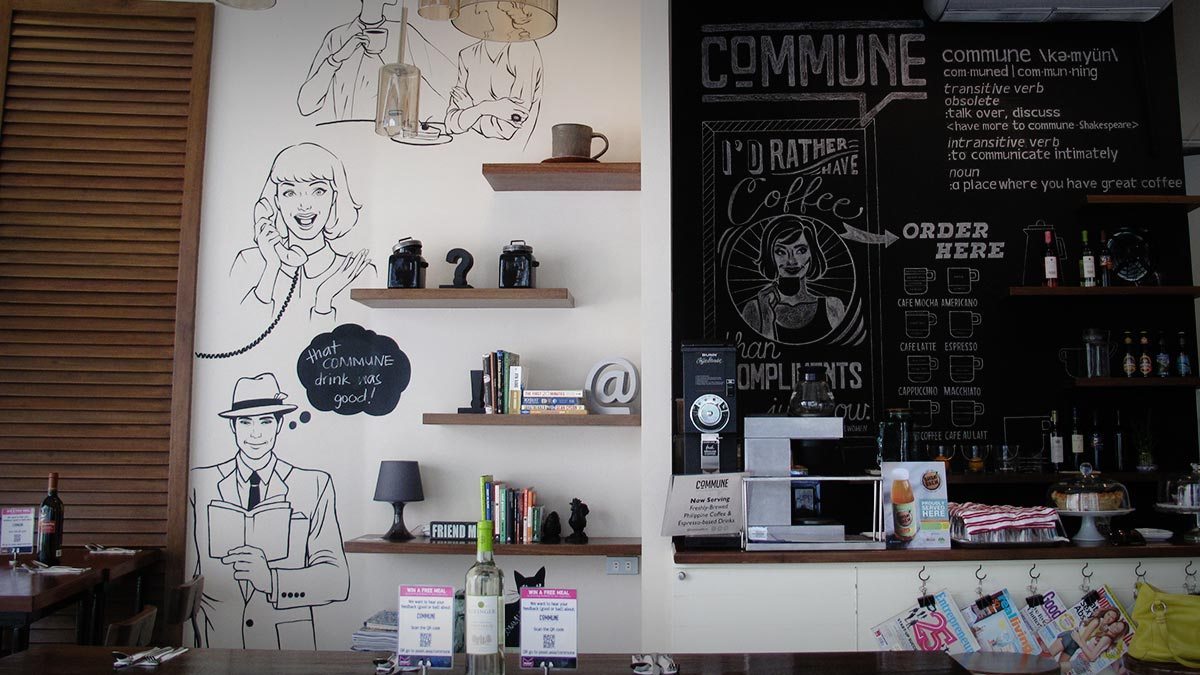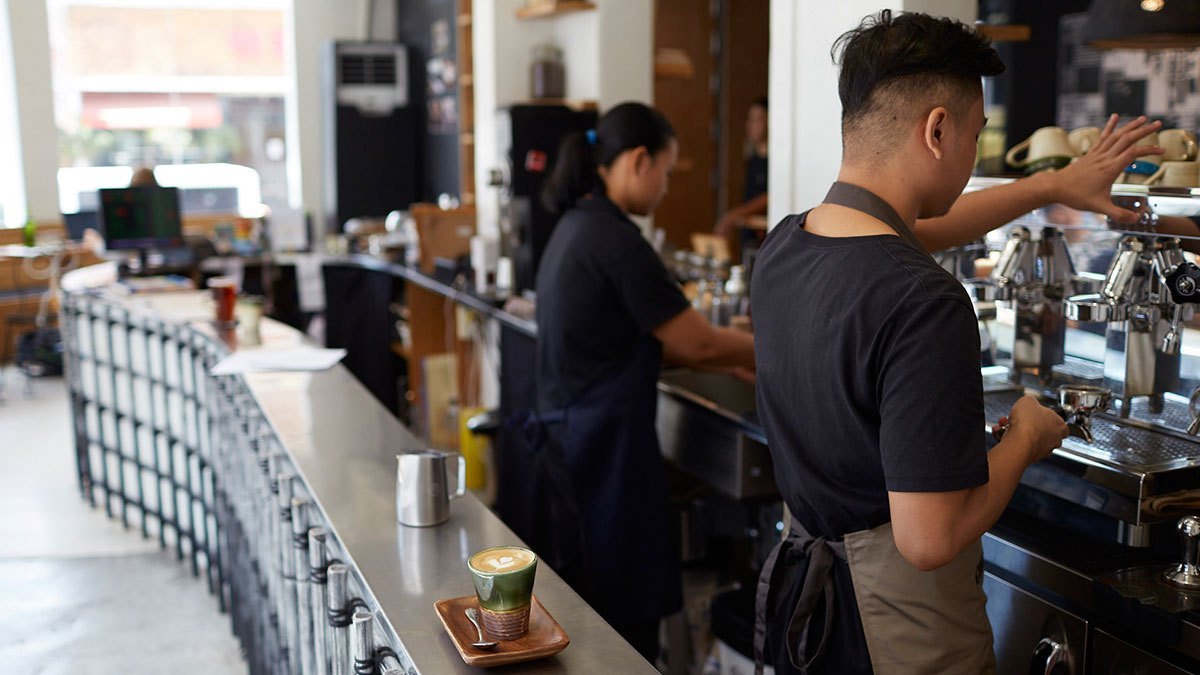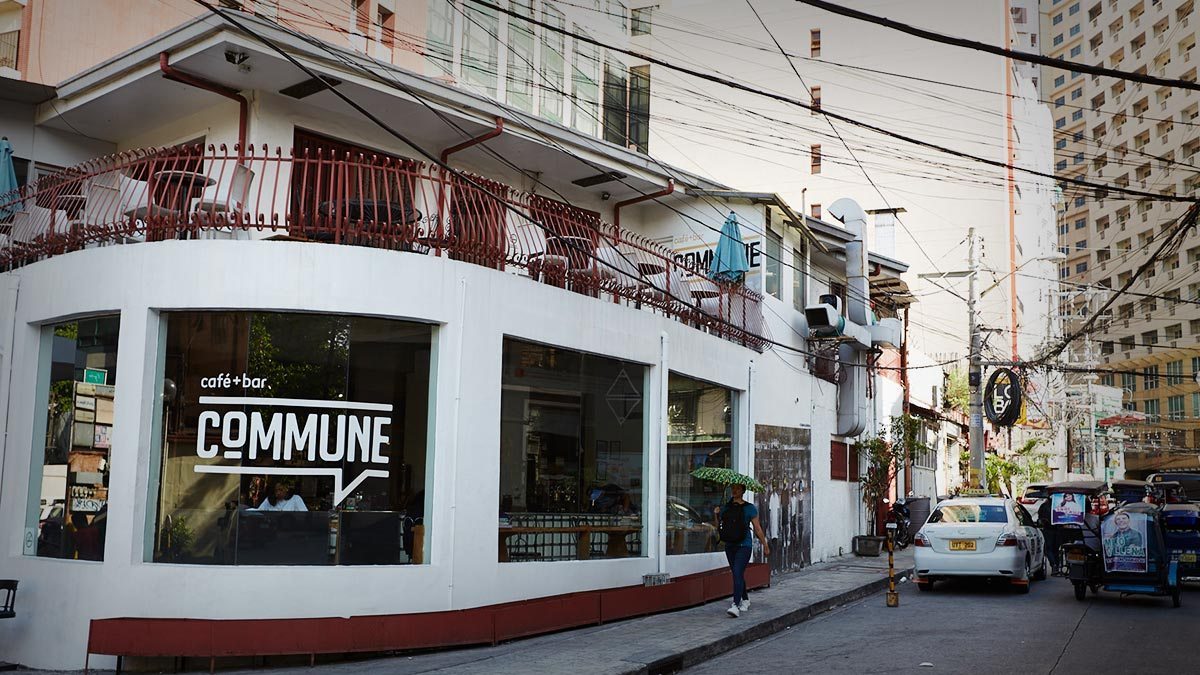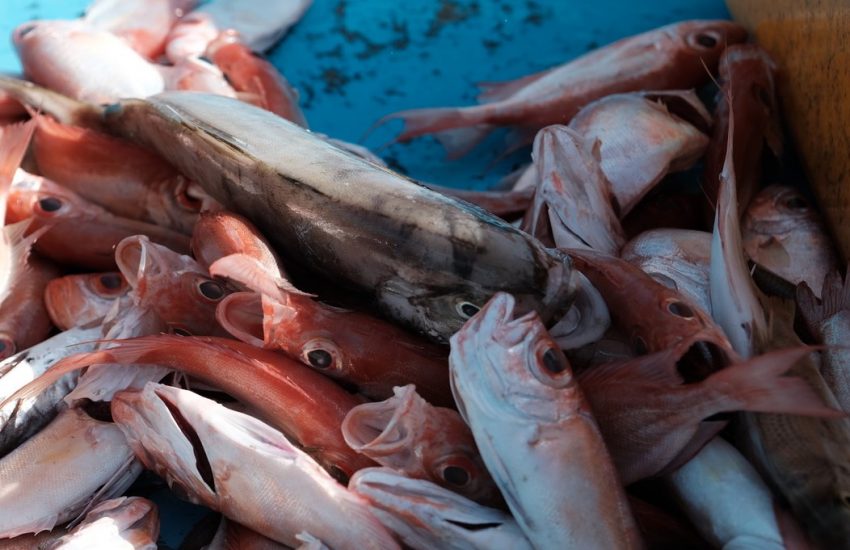Commune Café and Philippine Coffee’s Big Break
History was shaped over a cup of coffee. Coffee may be the commodity that gave rise to the institution called the coffee house or café, but the population filing through its doors provided the enterprise its purpose and impact. Sophistication, privilege and power were associated with this key place. Certainly, coffee houses have served as public forums that have a lasting legacy.
That has not changed in this increasingly fast-paced and always-online world. Arguably, the internet has increased both the opportunity for anyone to express themselves and the number of people who can be your audience. Everyone can now join in. There were no restrictions whatsoever unlike the coffee houses of times long past found in the history books. Given the immense power of social media and online networking, how can people utilize it?
For Rosario ‘Ros’ Juan, social media should be utilized as a force for social good. When she witnessed 2009’s Typhoon Ondoy, which submerged and wrecked the metro, and its aftermath, Ros stumbled upon the power of social media. “Social media for business was relatively new at the time. I was trying to see more uses of social media. Before, it was just a place for people to chat. When Ondoy happened, it showed people its reach and power. It showed how it gets to people, how it can spread the word. Since then, social media for good has been my advocacy.” For Ros, we have in our hands a powerful tool and if used well, results could be wonderful for the community.

Advocacy then led to Commune. This venture is a spark that one would expect from its multi-hyphenated and coffee-loving founder. Commune highlights and promotes Philippine coffee, good conversations and community. Commune is all about coffee and the connections it fuels, which is why it welcomes communities and start-ups. This works in both an online and an offline setup. Need some space to convene and work? A space in Valero St., Makati was opened. The enterprise then moved to Poblacion. It had great coffee, sourced locally indeed. The interiors were cozy and everyone was welcome. For Commune, a public space can definitely be a community space, and meeting in person strengthens relationships all the more. That is where great things start.

Community is at the heart of this enterprise and that has never changed. 2020’s pandemic is just one of the many challenges experienced by the enterprise as time went by. With advocacy and vision comes hard work after all. For Ros, she shared some of the lessons she learned.
The first lesson was on team building. Do not even try to do everything yourself. That is tiring and unproductive. It is important to build a team with varied expertise and to create a strong culture. That is more sustainable in the long run instead of burning out in attempts to save in the short term. Another lesson was on letting go. An entrepreneur must recognize that they must find things that work and fit in and let go of practices, team members and concepts that do not. Maybe letting go is the key to growth since there are countless paths and opportunities out there. An entrepreneur must be open-minded and ready for changes.

Speaking of change, COVID-19 was an example of drastic change. It was time to apply every lesson learned. Commune did not cease operations during the lockdown. What kept the enterprise going was its very heart – community. It was not a mere abstract concept. Customers continued to purchase take-outs. Social media counted and remained strong. Want to learn more about coffee? Want to buy? Go online and check out Commune on Facebook. eCommerce kept receiving orders too. After all, Commune was the “third place” for so many. What does that mean? One’s first and most beloved place in life is home. The second venue or place is the work area or office. Countless establishments aspire to be the third most frequented place or the “third place.” For this coffee enterprise, it became that place.

This was made possible by the community’s support of Commune and its advocacy. Buying local and supporting farming communities is definitely a cause worth supporting and ideally, as time goes by, more Filipinos would be introduced to the country’s coffee which then leads to even more support. Amazingly, the Philippines is a country that grows all four coffee beans: Arabica, Robusta, Liberica, and Excelsa yet countries like Brazil and Indonesia have done much better in growing and marketing their coffee.. We can compete on the global stage for sure. Why aren’t we?
For Ros, the terrain is the first big factor. For example, Colombia has areas that are more conducive to harvesting coffee beans. Second and even more crucial is support from both the community and the government. Developing the local coffee industry through continuous efforts and the country through technology, infrastructure and education are absolutely essential. Third, natural disasters also affect coffee production. The recent Taal volcano eruption is an example. Add in the disruptive typhoons and lack of infrastructure plus planning. With the changing climate, the industry is being affected. To reiterate, the coffee industry and its production process are not things to take for granted.
Sadly, that was also the case for Commune. People scoffed at the idea of only offering local coffee. Quality was an issue. “Back in 2013, people thought that local coffee was subpar. There was even an acquaintance who thought that since I was opening a coffee shop, I was a coffee-snob and that I only drink coffee from abroad! Actually, The point of the shop was to promote local coffee.” Ros recalled. The issue then went from just quality to consistency. Mindsets are yet to be changed but with small but tireless efforts, change is very much possible.
“I think we need to approach the problem differently. Solutions and effects do not happen overnight There is a lot more to be done.” Ros remains steadfast and optimistic. The enterprise decided to utilize its space to help frontliners and typhoon victims, in addition to coffee farmers. Commune’s Frontline Feeders Program is proof of social media’s power to mobilize. “People have taken upon themselves to bring donations to the shop and centralize the effort.”
That’s the great part of social media. Despite the usual toxicity and the temptation to detoxify and disengage, we must carry on and engage. Engagement is what makes change possible. For Ros, Commune started as a dream enterprise with coffee, community and good vibes. In today’s climate, that dream has grown. The enterprise is no longer a mere dream but a strong community that works hard and helps out. In a past interview, Ros mentioned that social media makes the world smaller and makes dreams bigger. Commune has become a shared dream and with untiring efforts, Philippine coffee is well on the way to grab that big break.
Photos Credits: Taken from Commune’s official website, https://www.commune.ph/
The Philippines is a country that grows all four coffee beans: Arabica, Robusta, Liberica, and Excelsa? Yet countries like Brazil and Indonesia have done much better in growing and marketing their coffee. Our guest for this episode is Ros Juan, a multi-hyphenated woman who wakes up for coffee and stays up for social media. We sit down with Ros as she talks about how an internship during her teens and her love for social media has led to the sparking of Commune, a coffee shop that puts a spotlight on Philippine coffee, good conversations, and community. The pandemic has not stopped her from brewing coffee, all while doing good for those in need. Ros shares some mistakes and lessons learned in running Commune, the power of community (online and offline), and her dreams for the Philippine Coffee industry.





